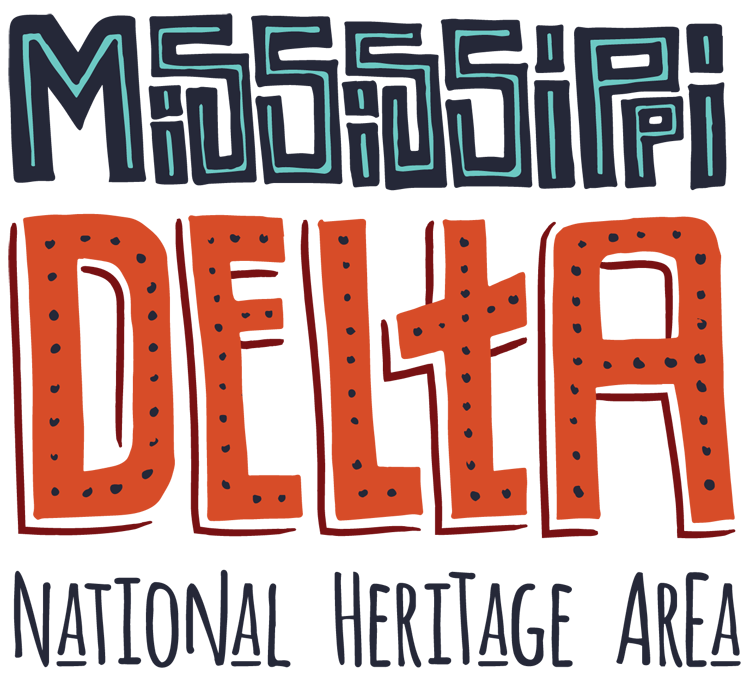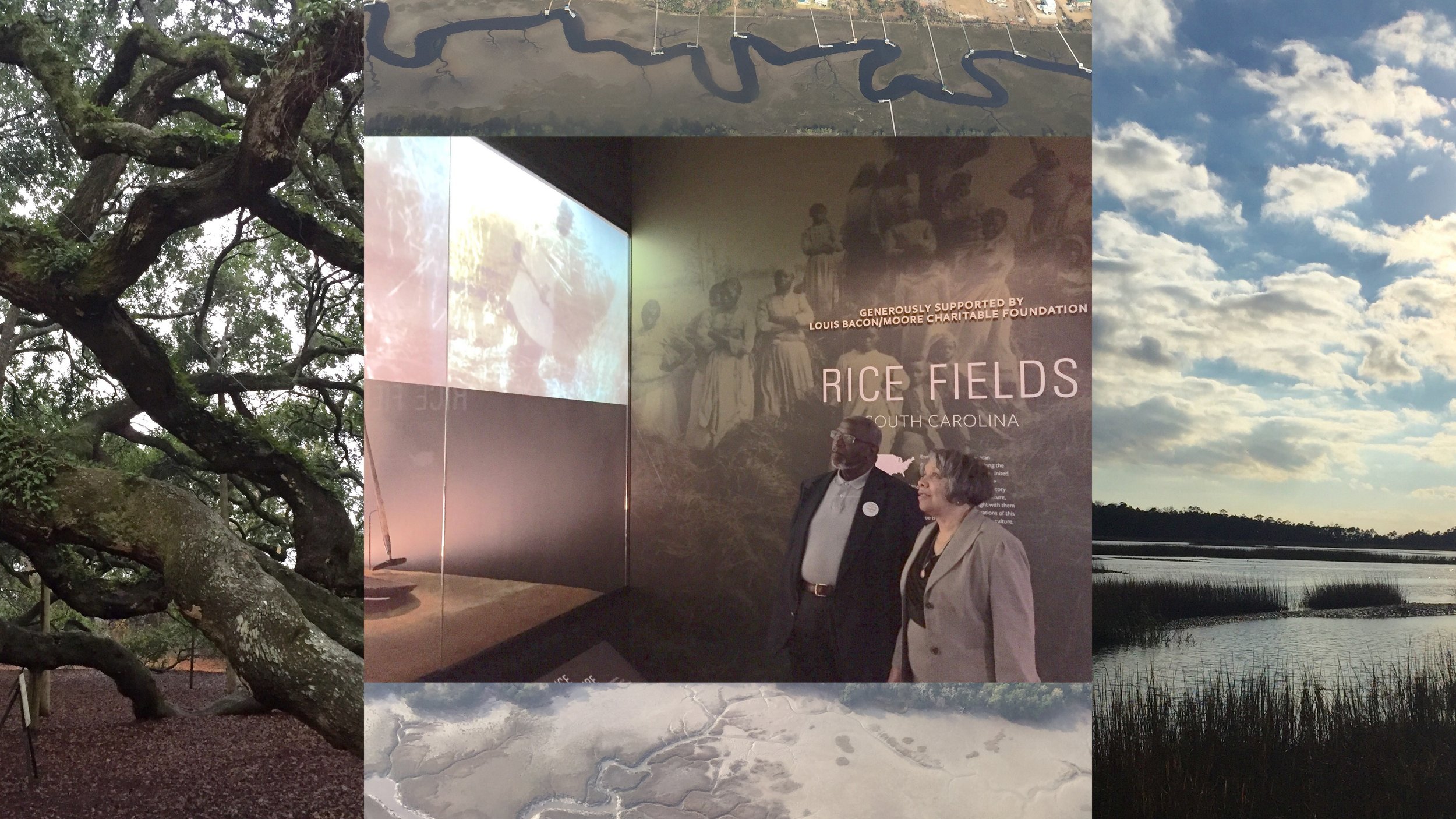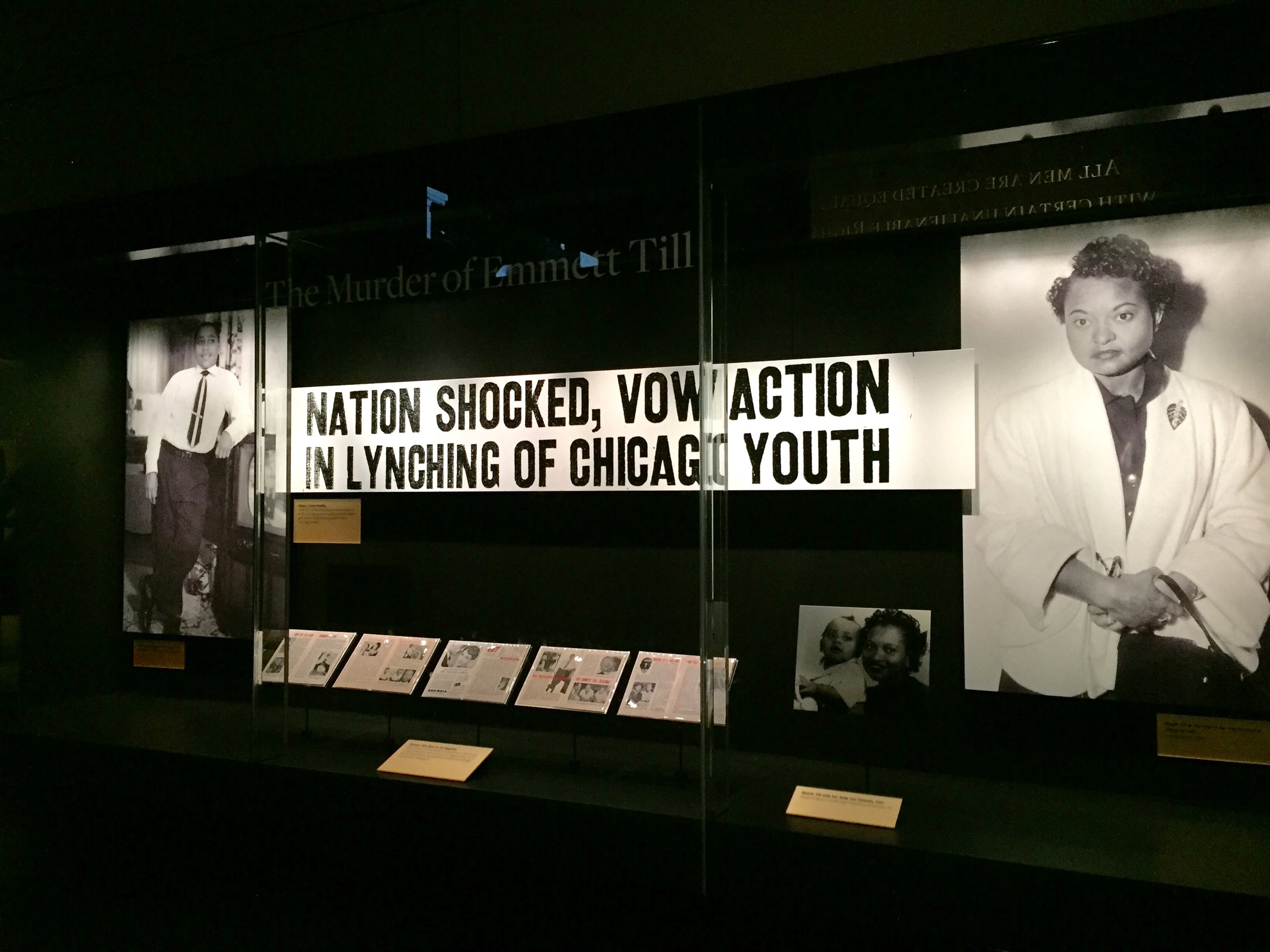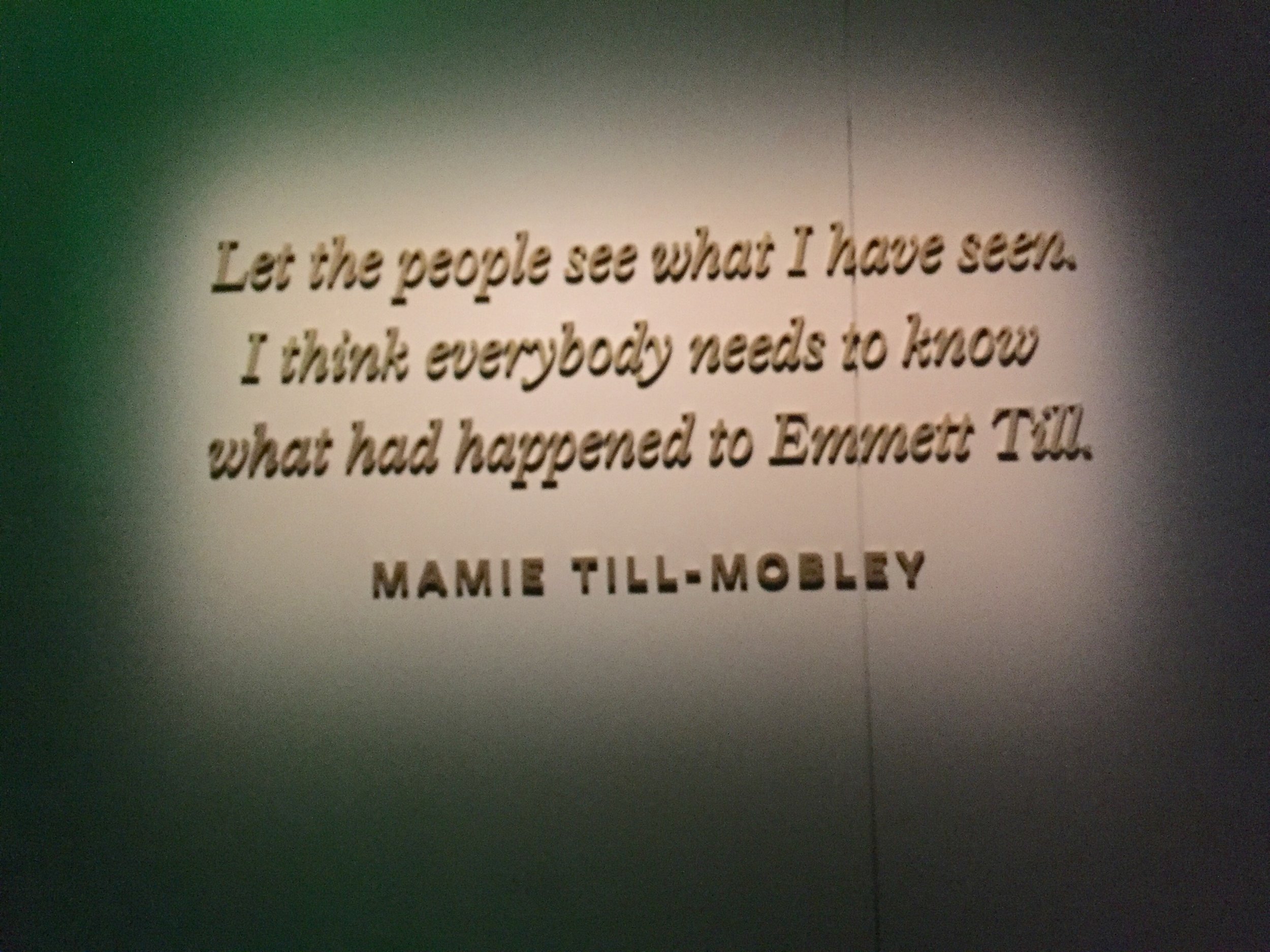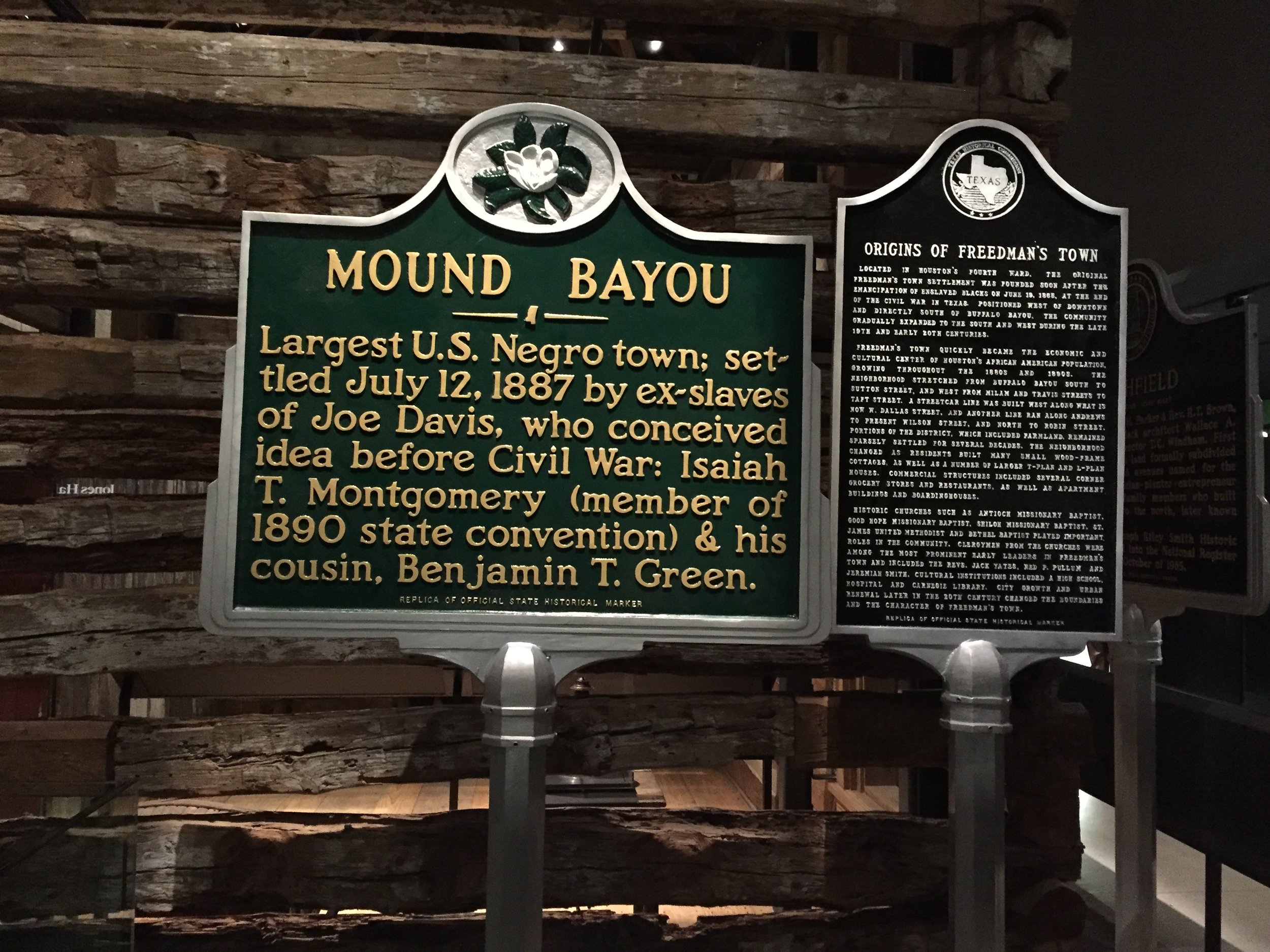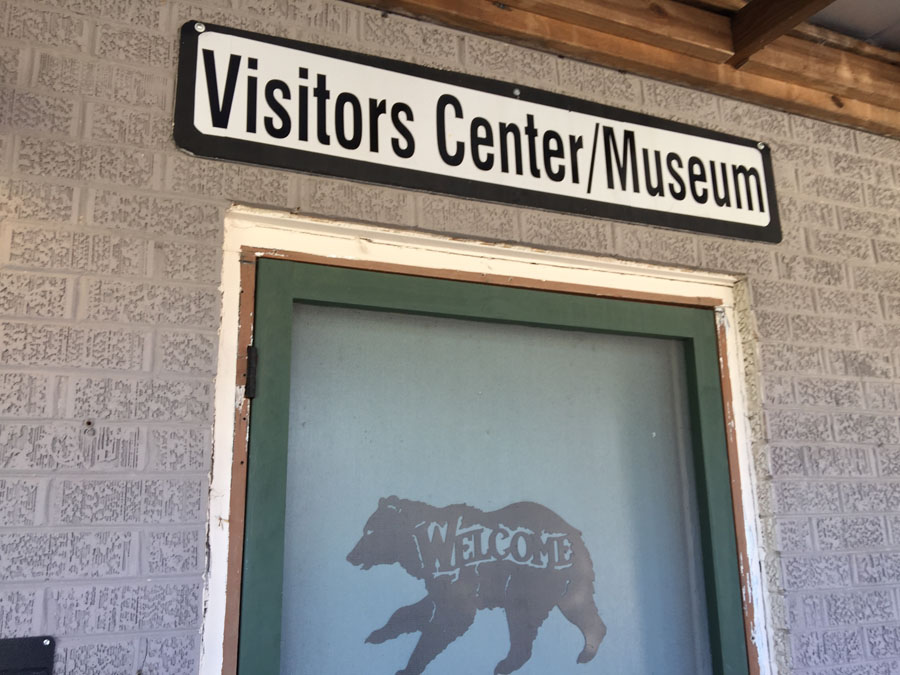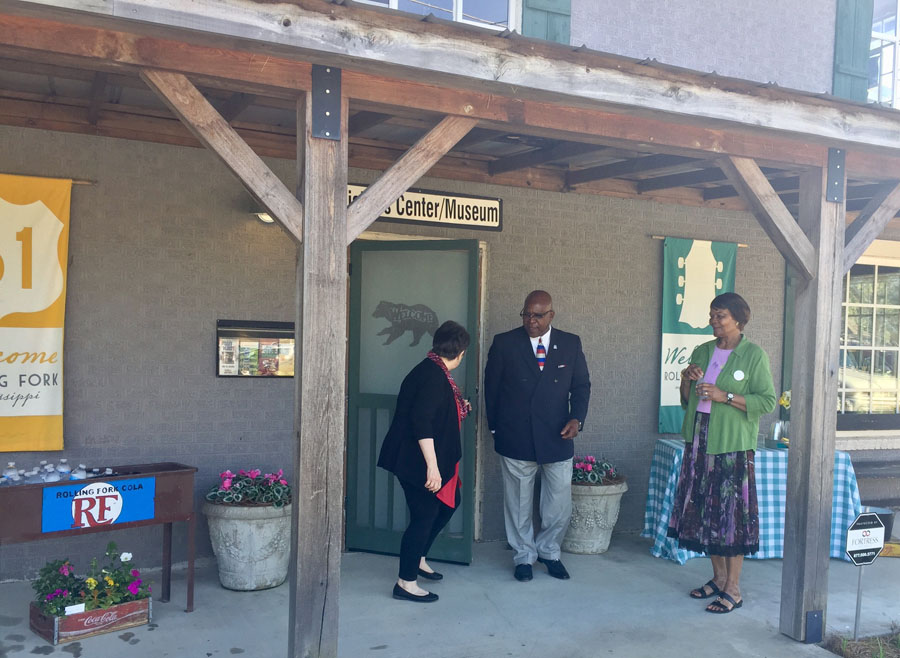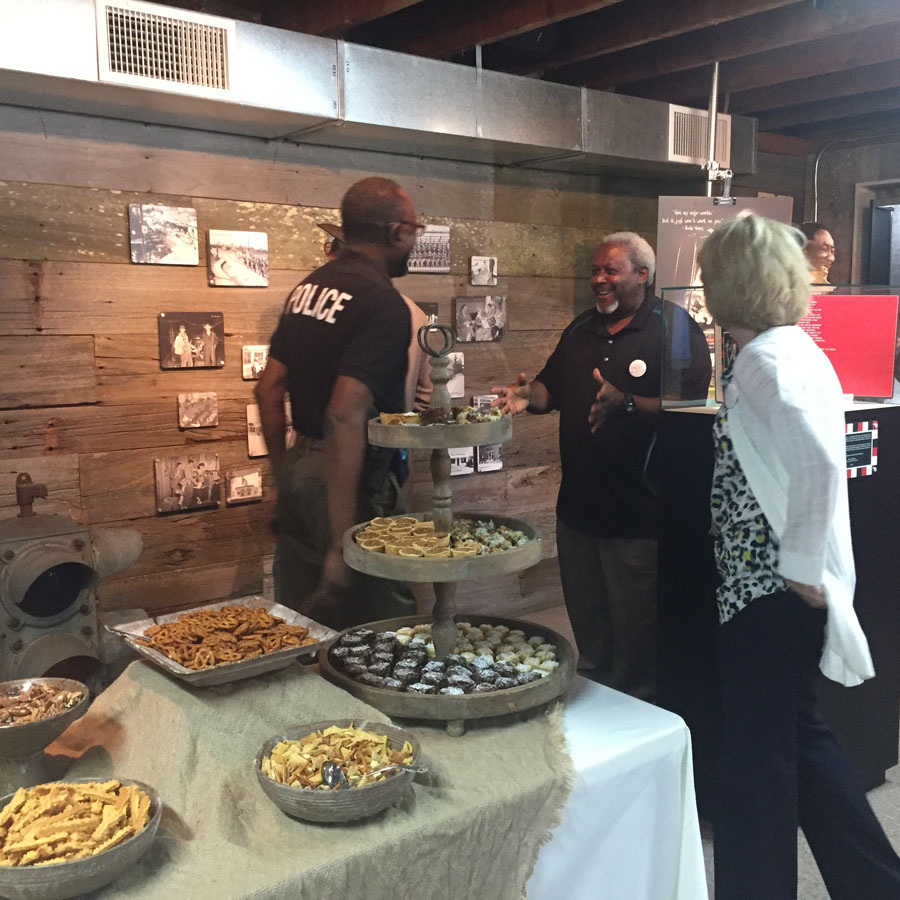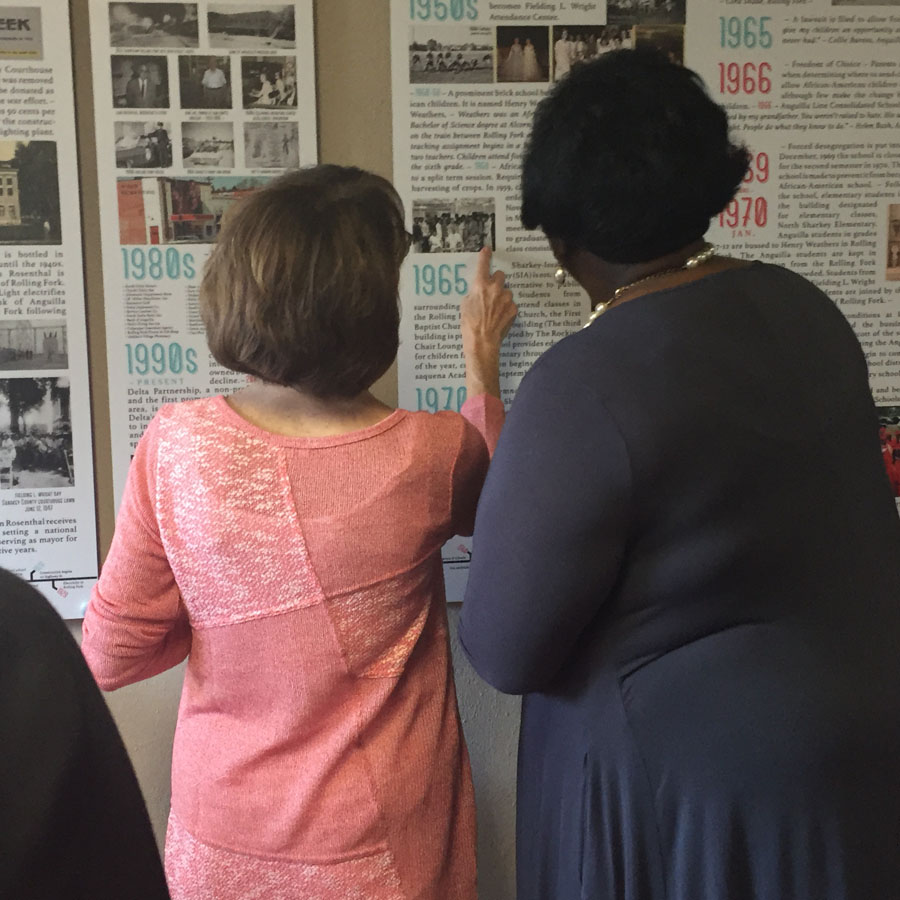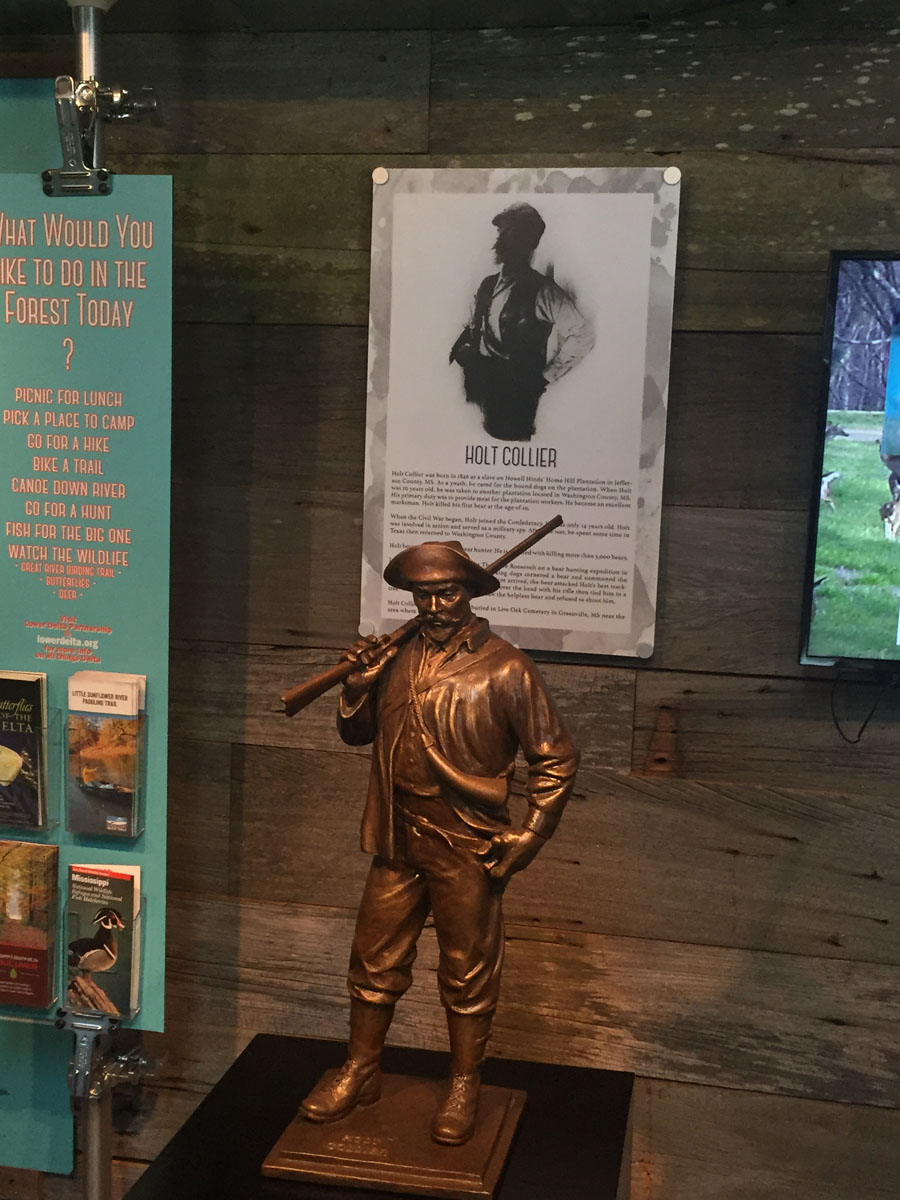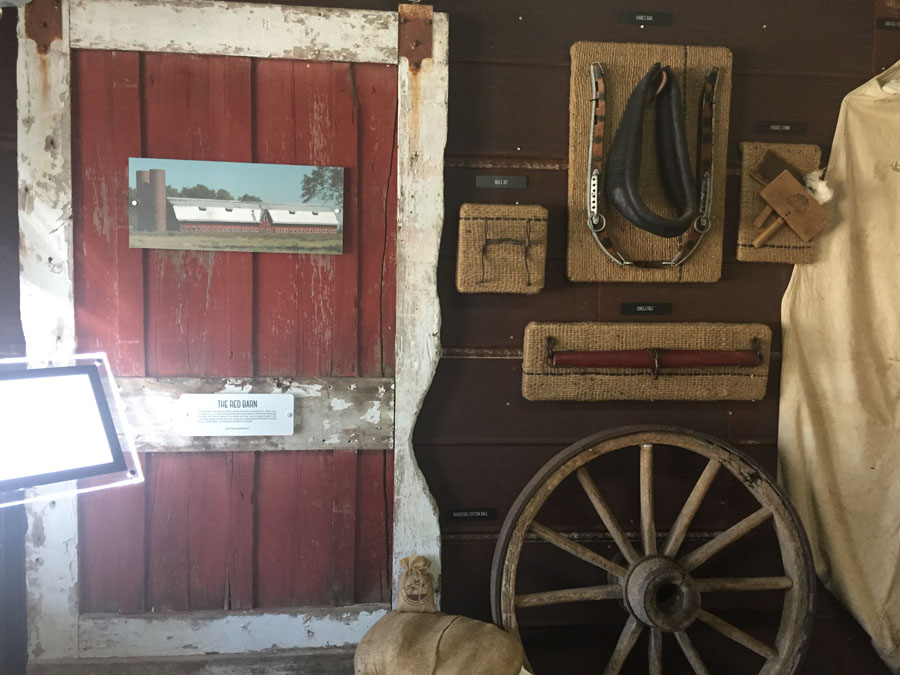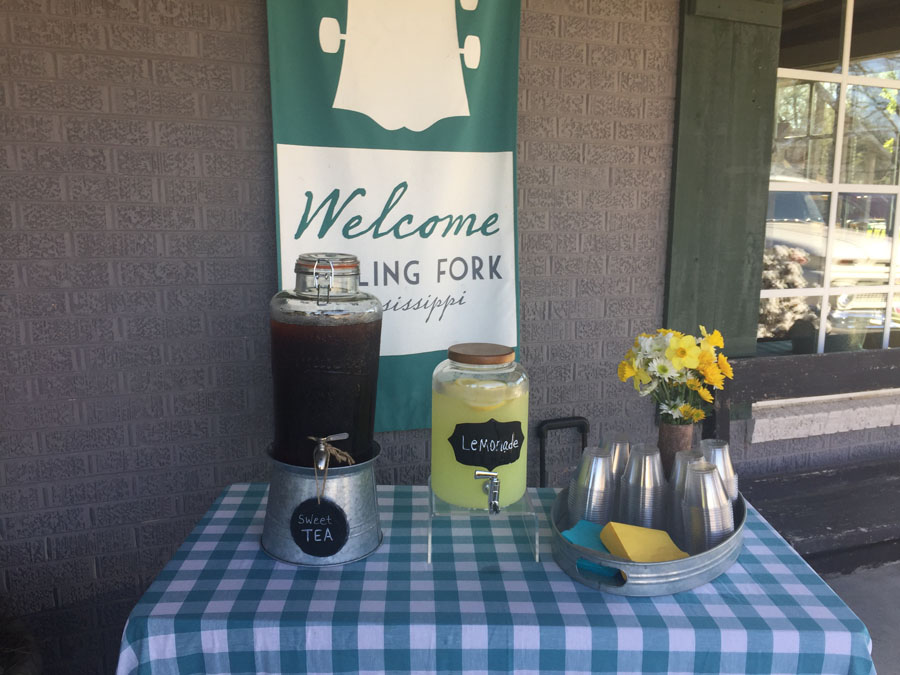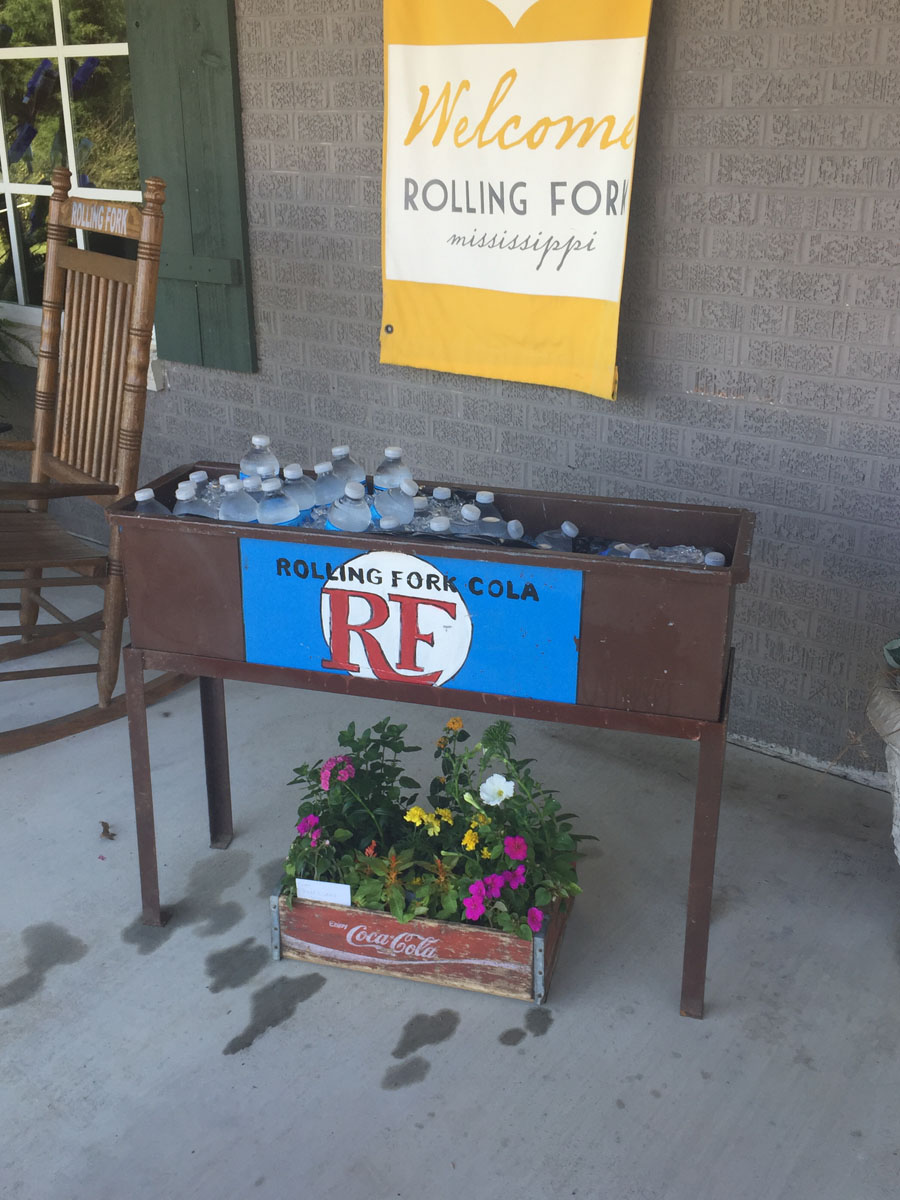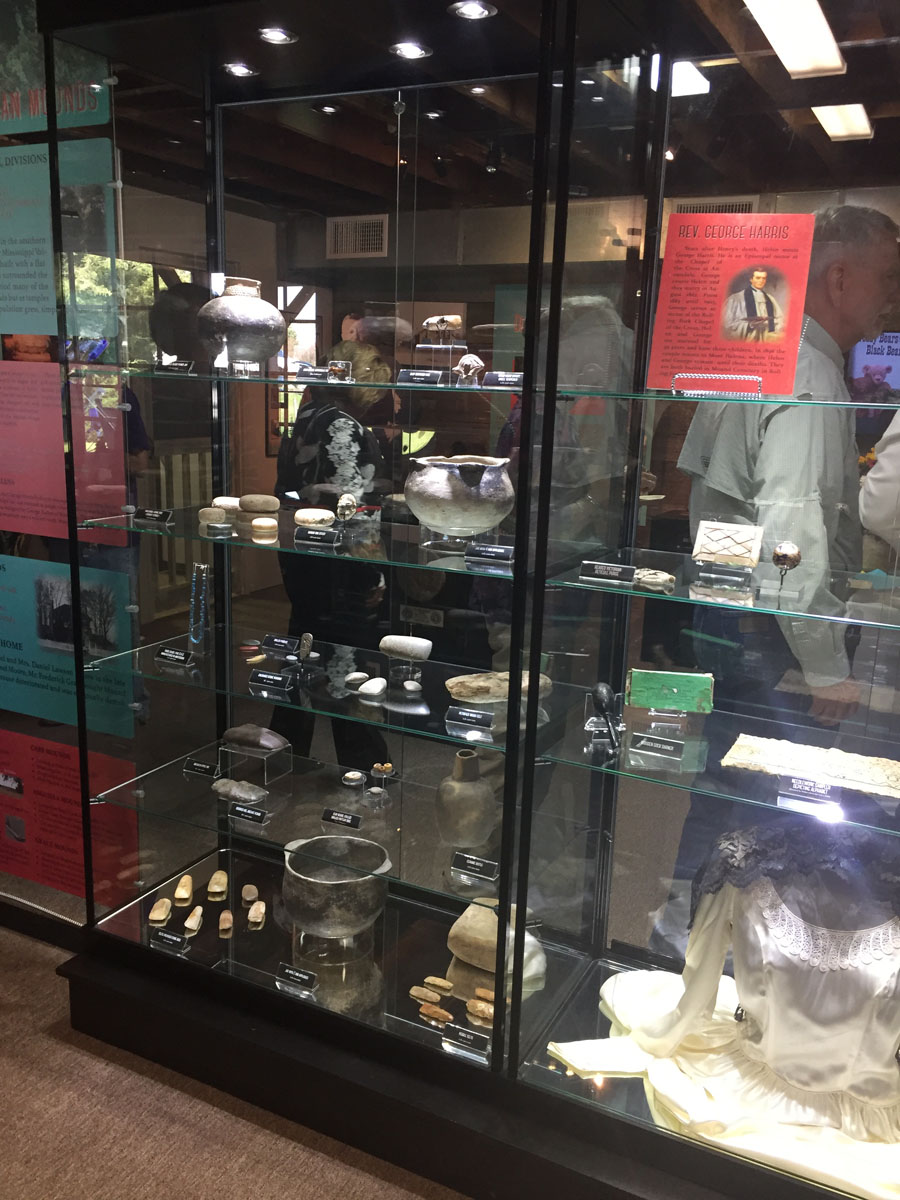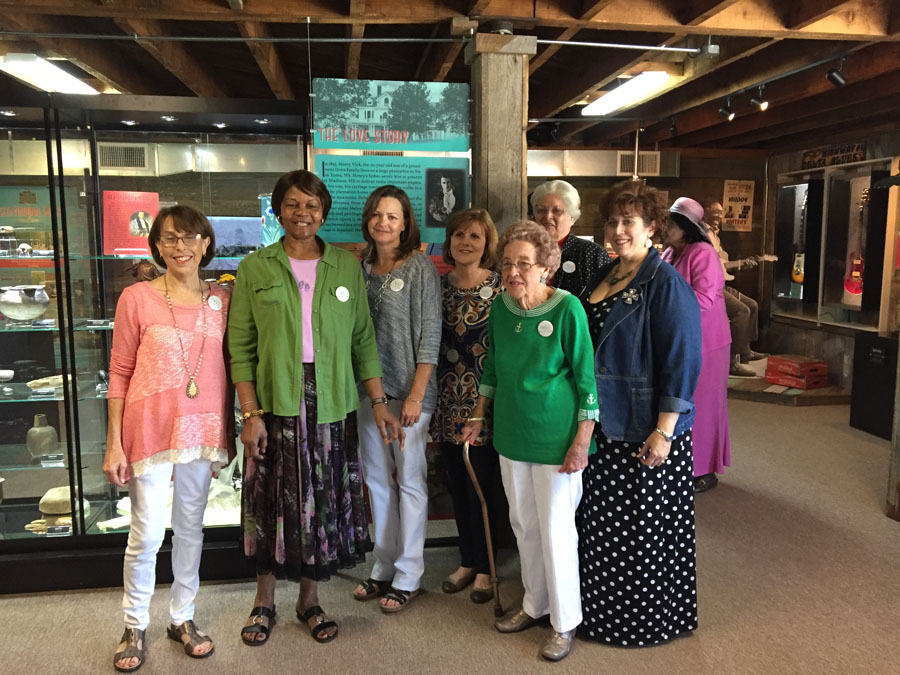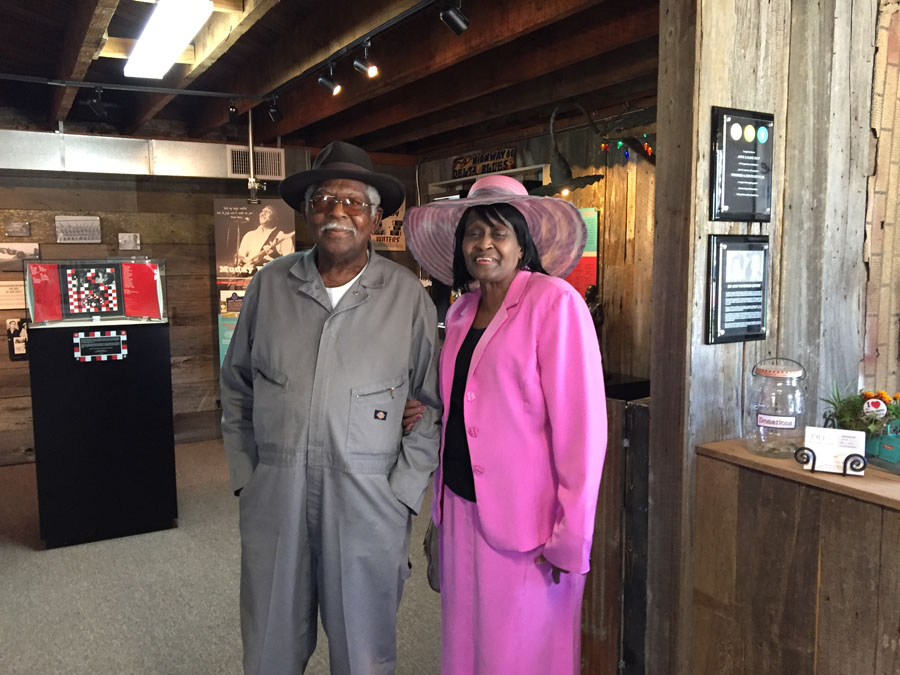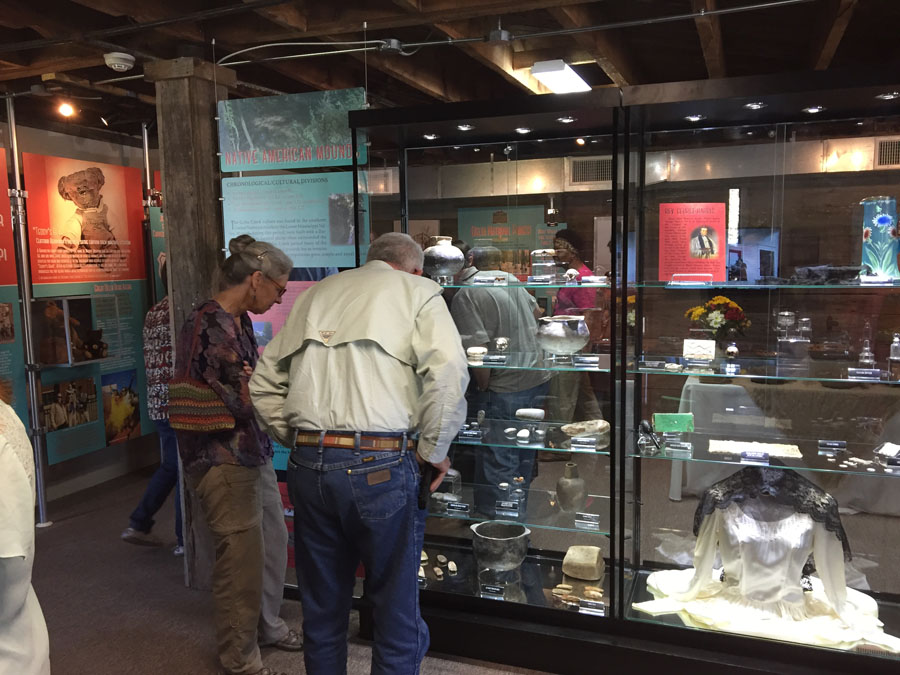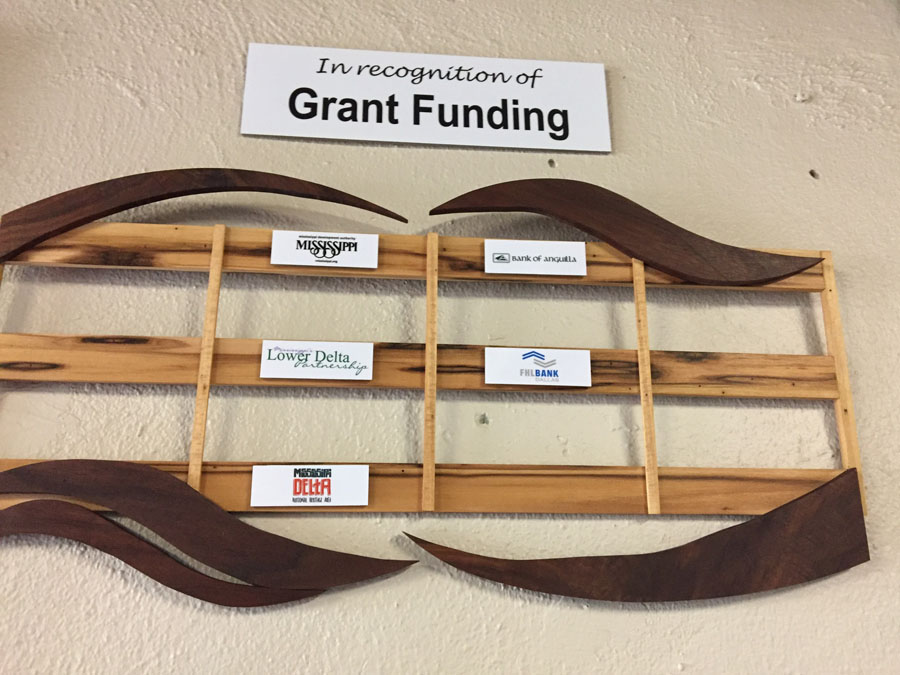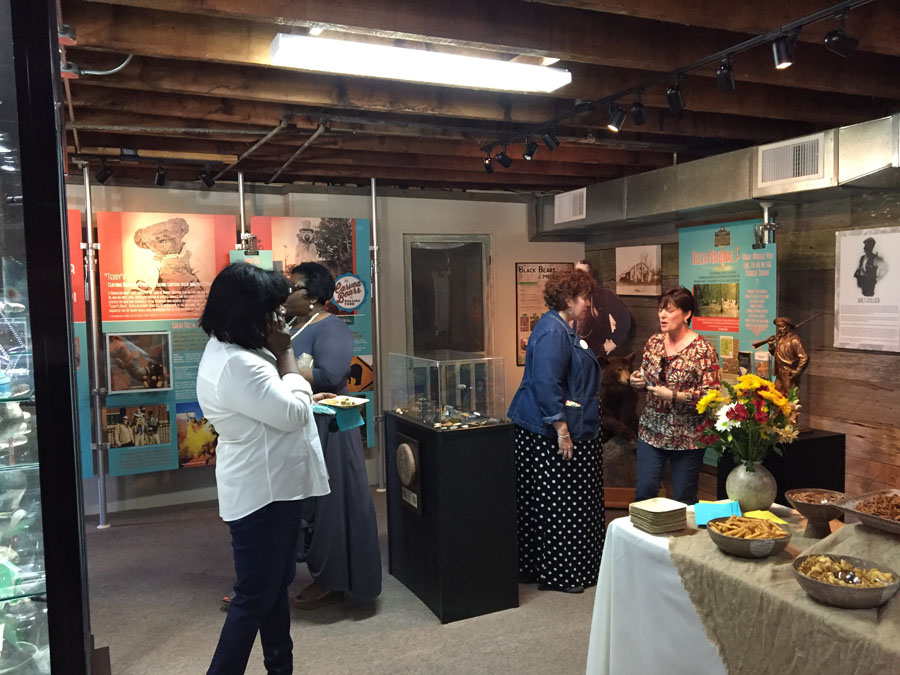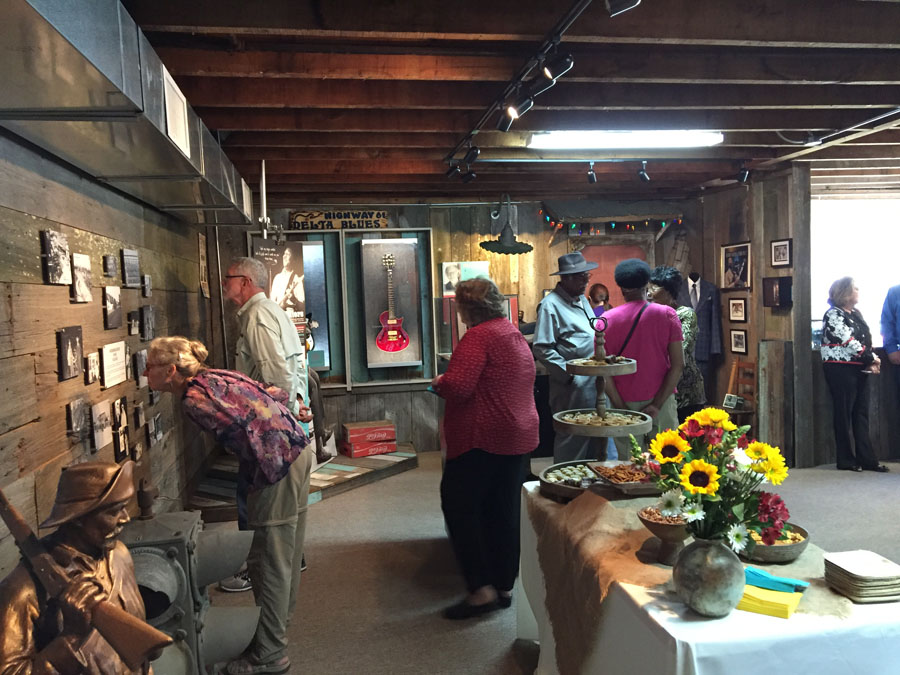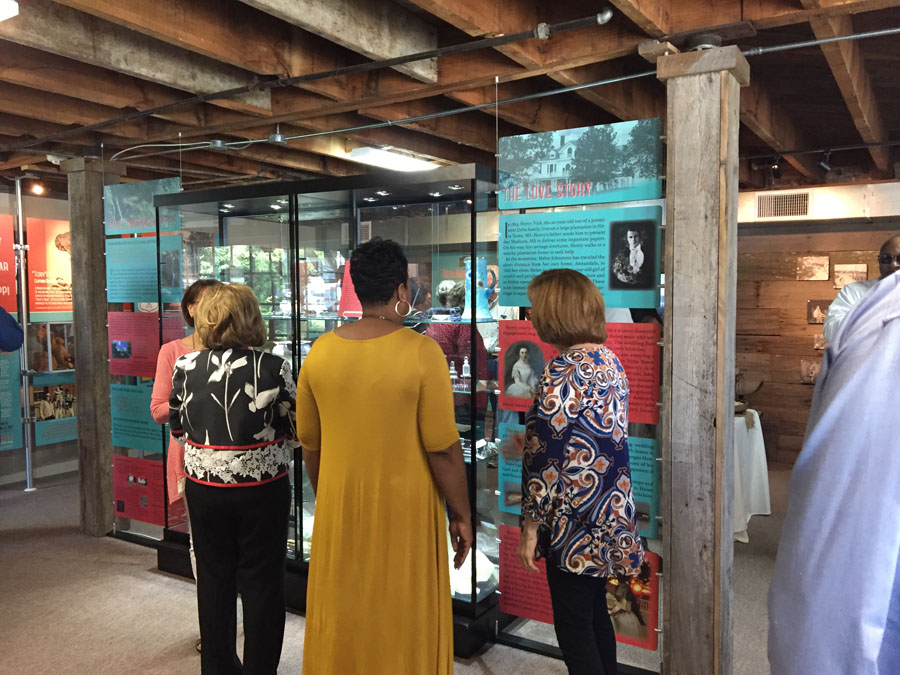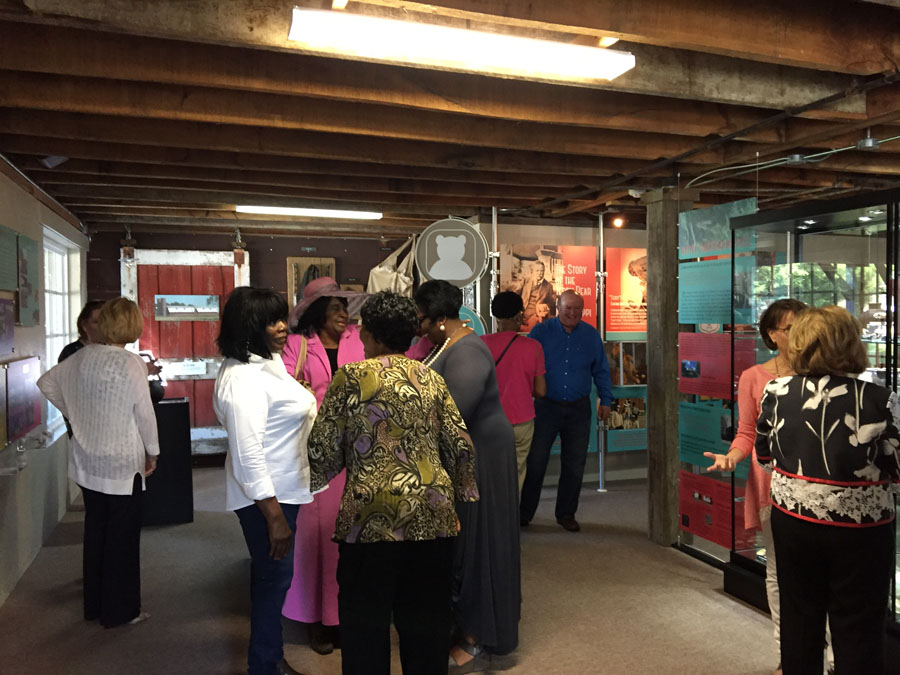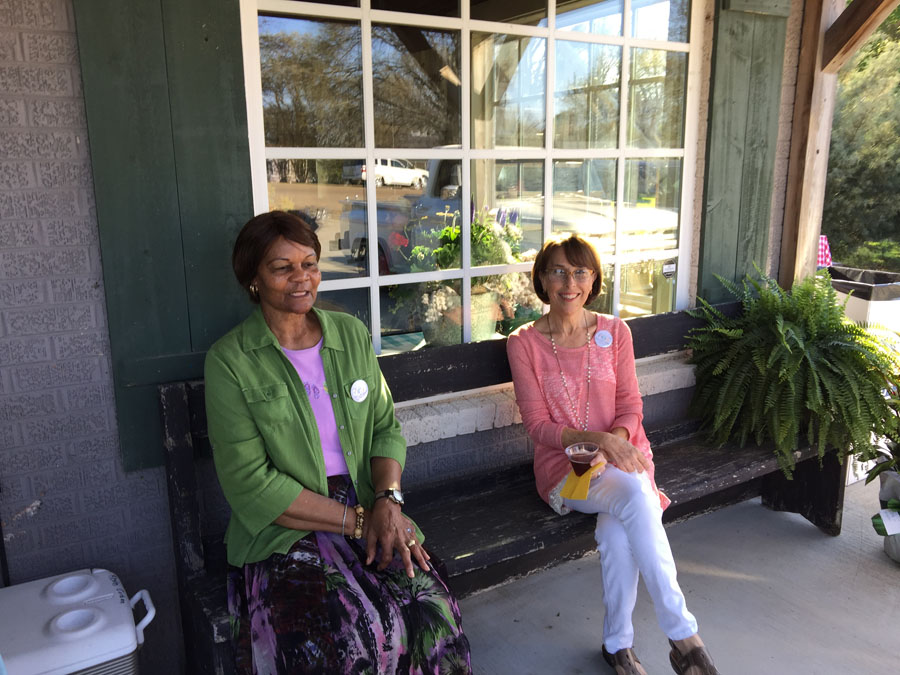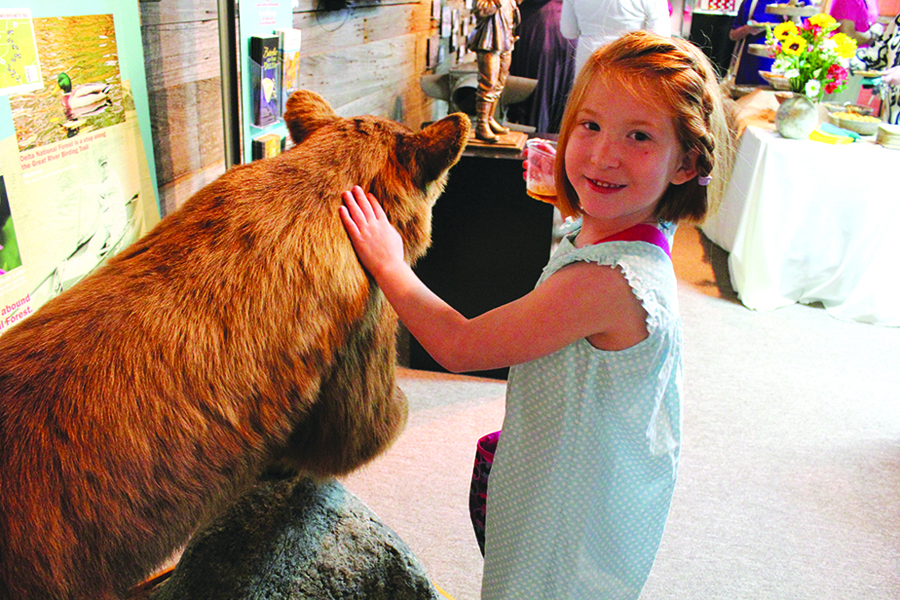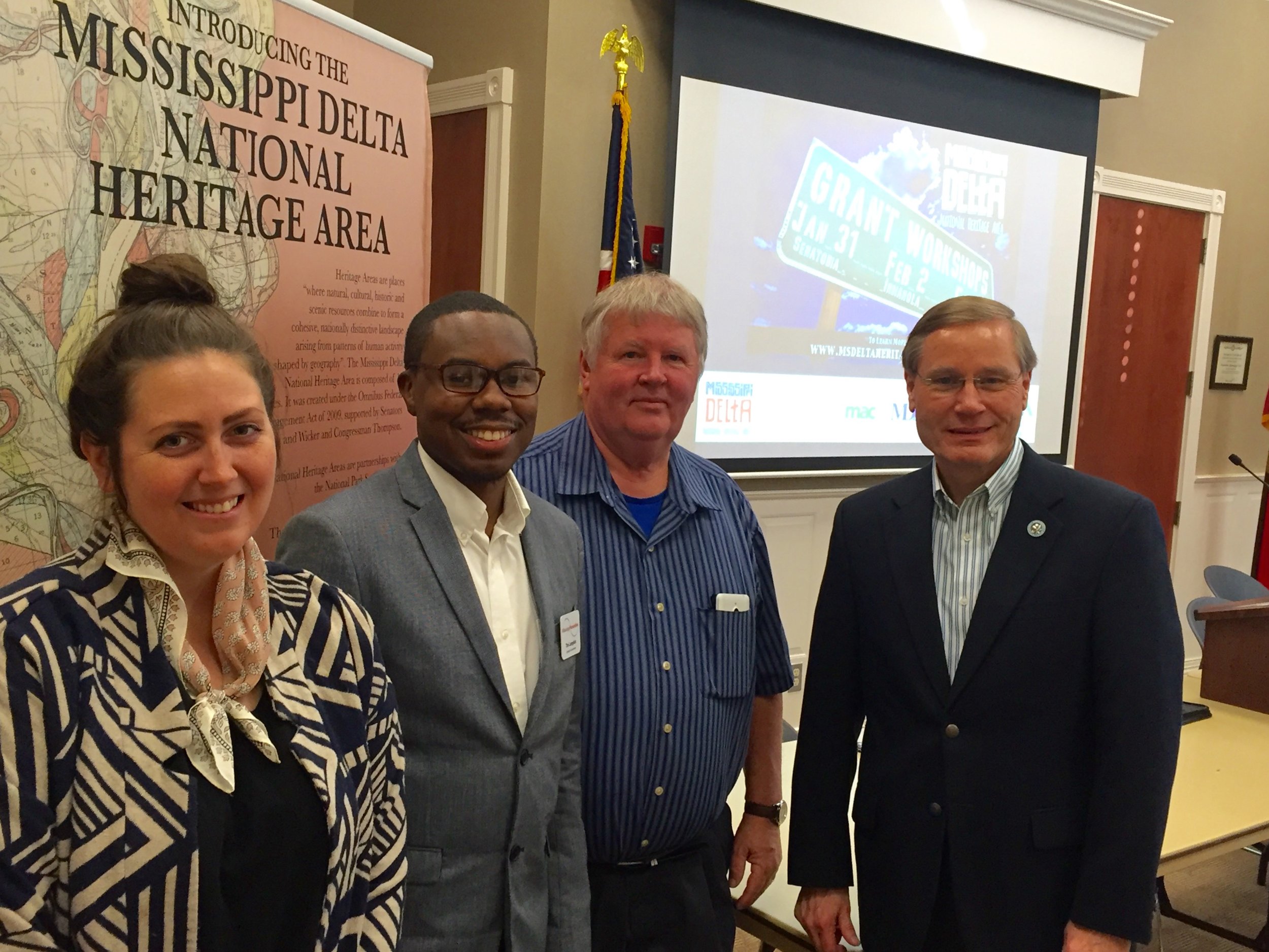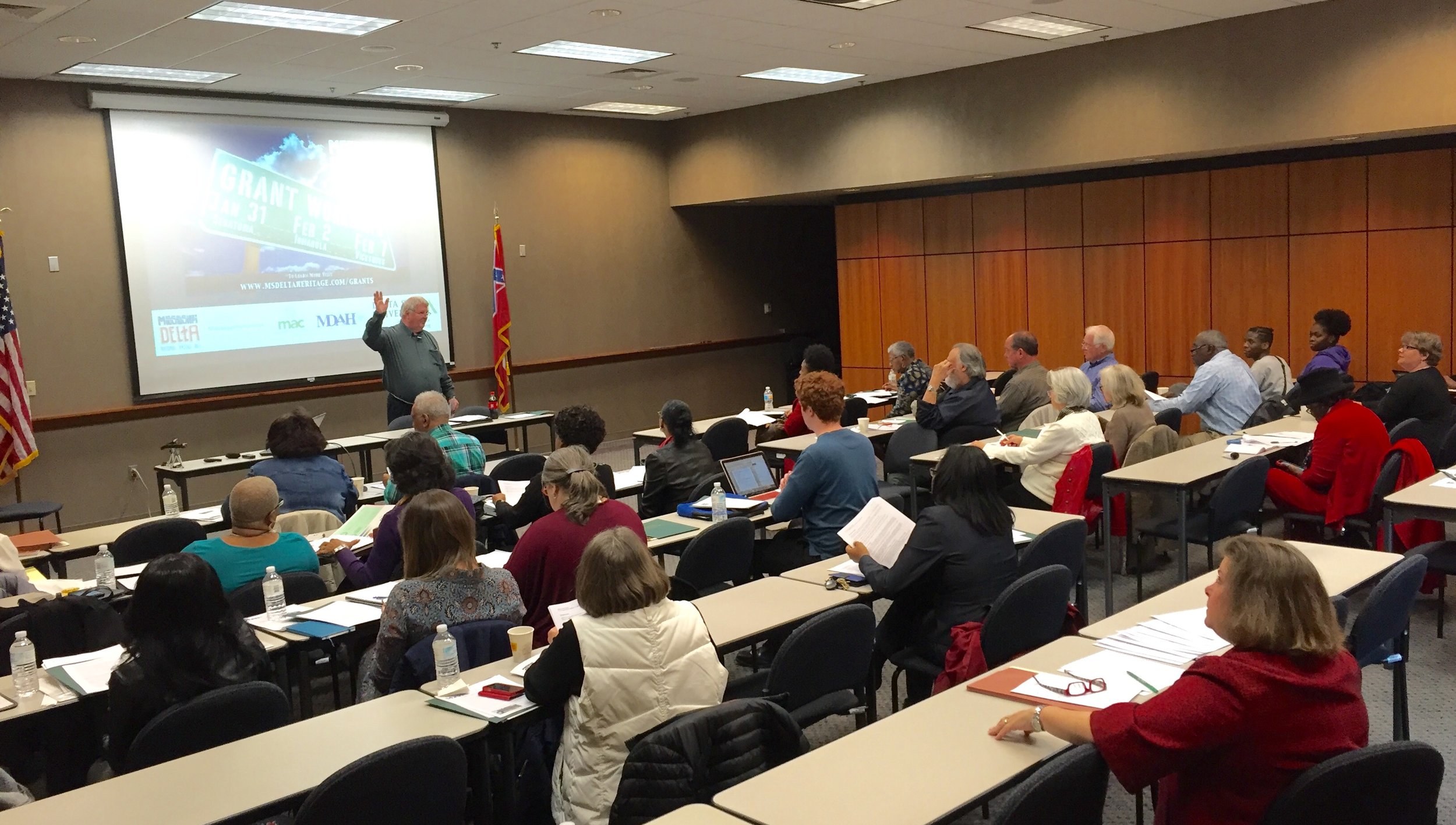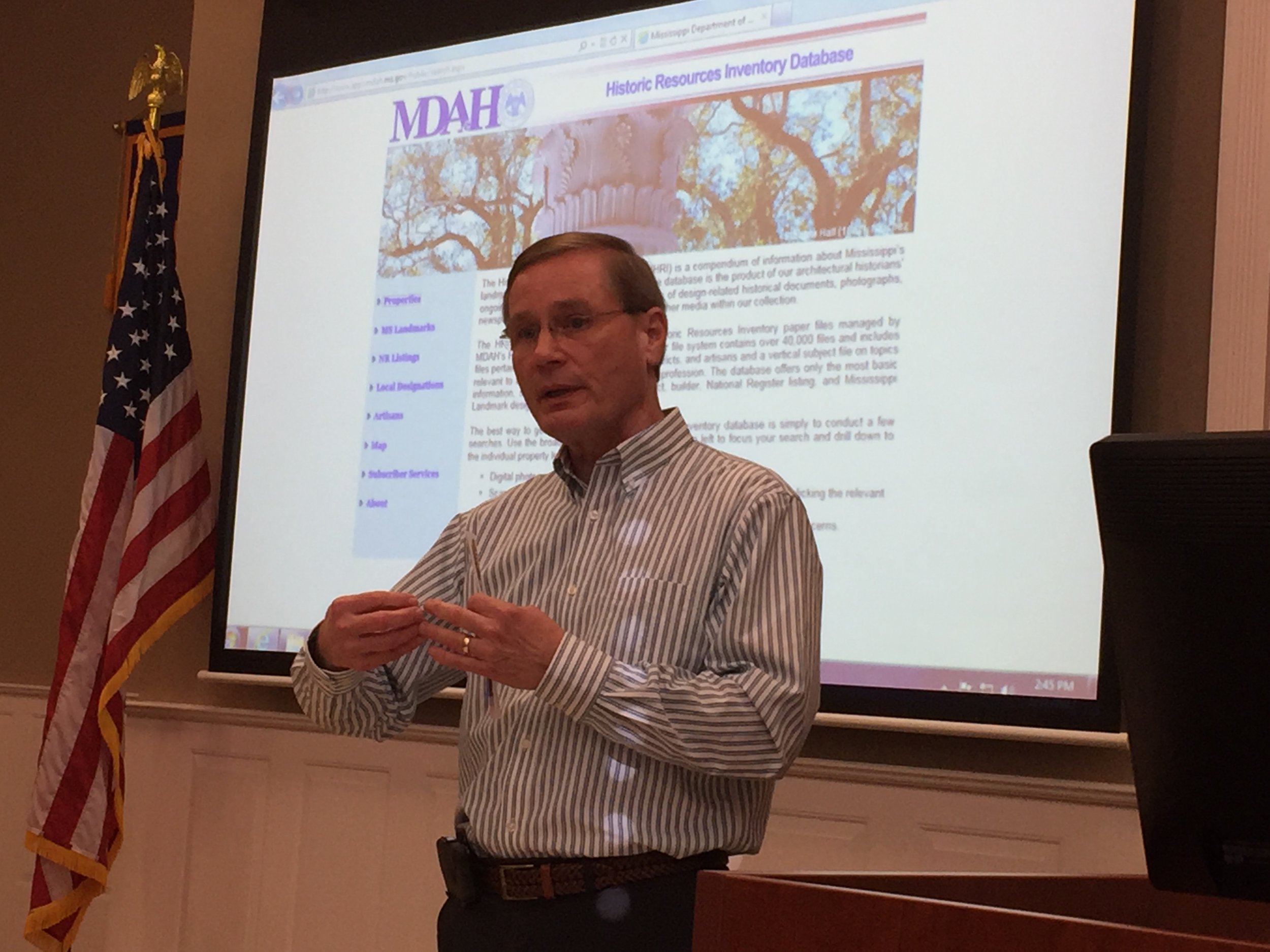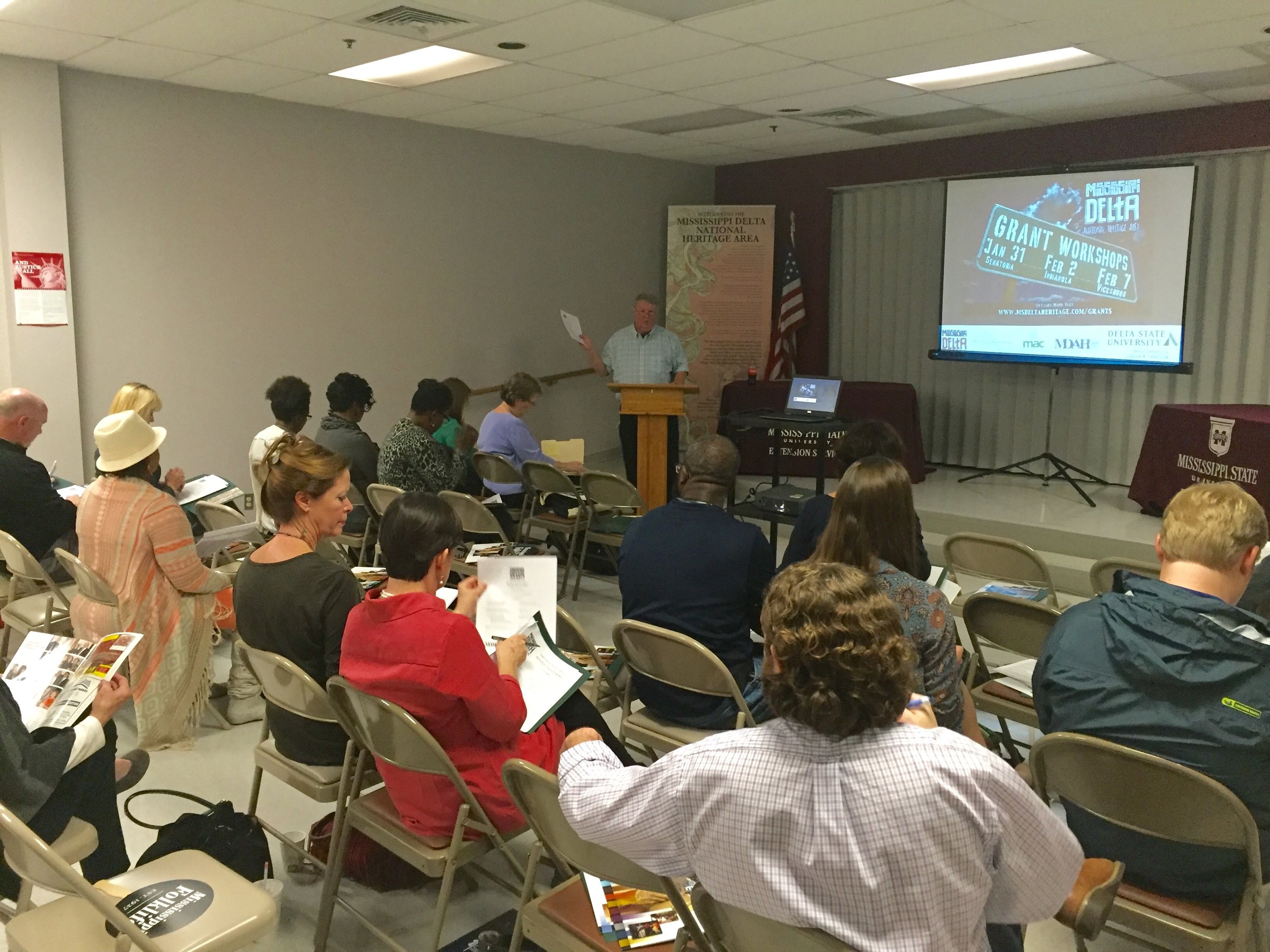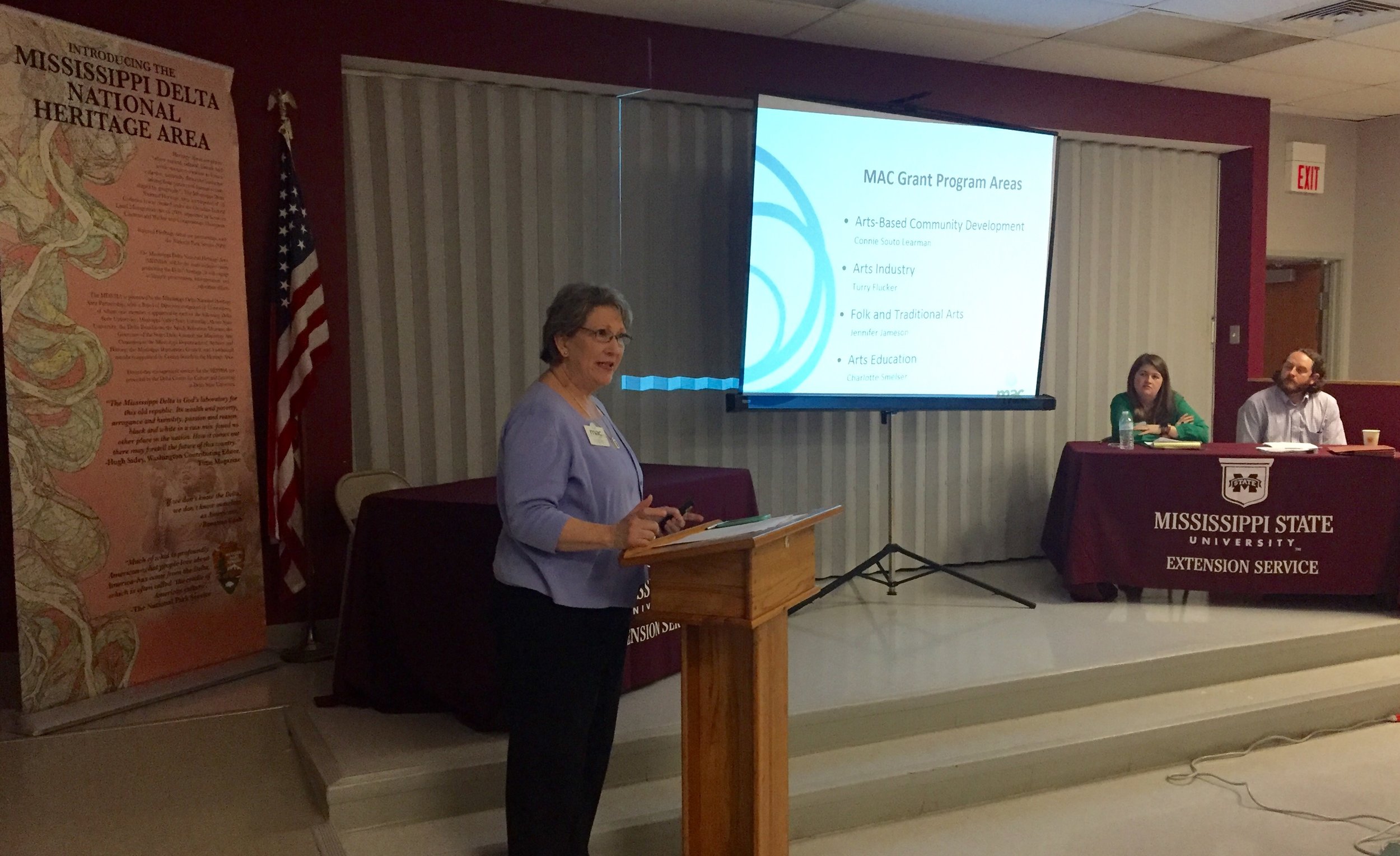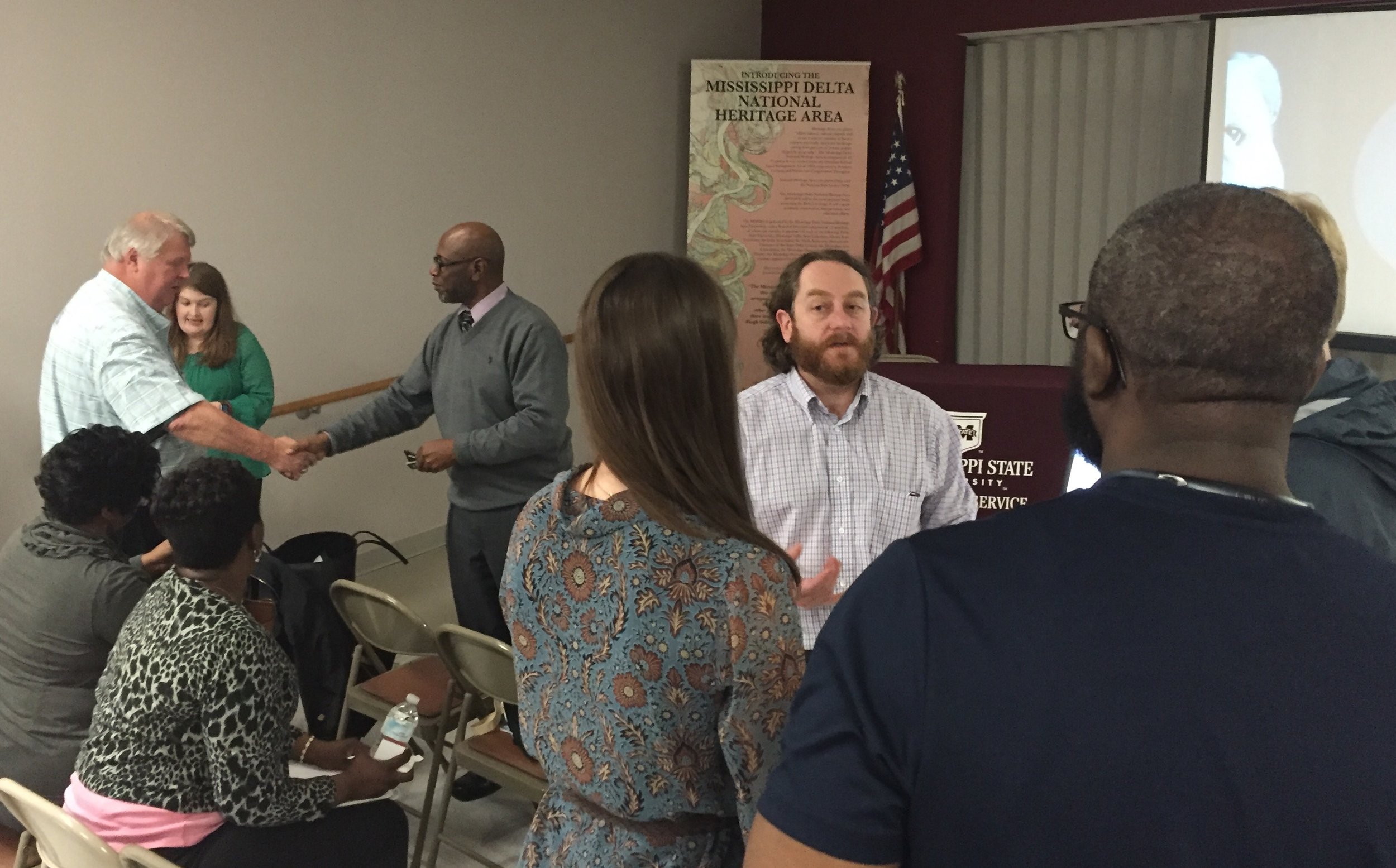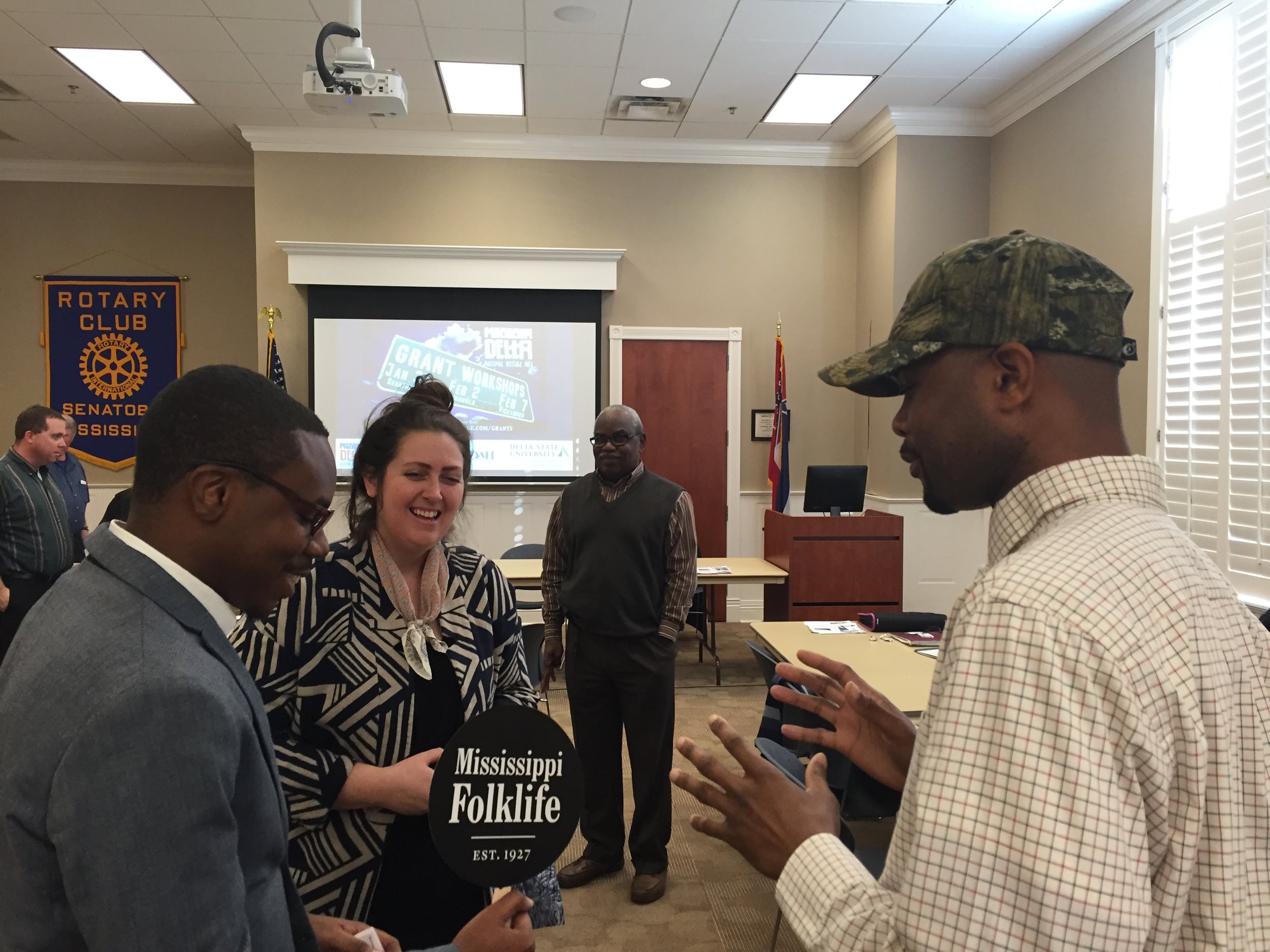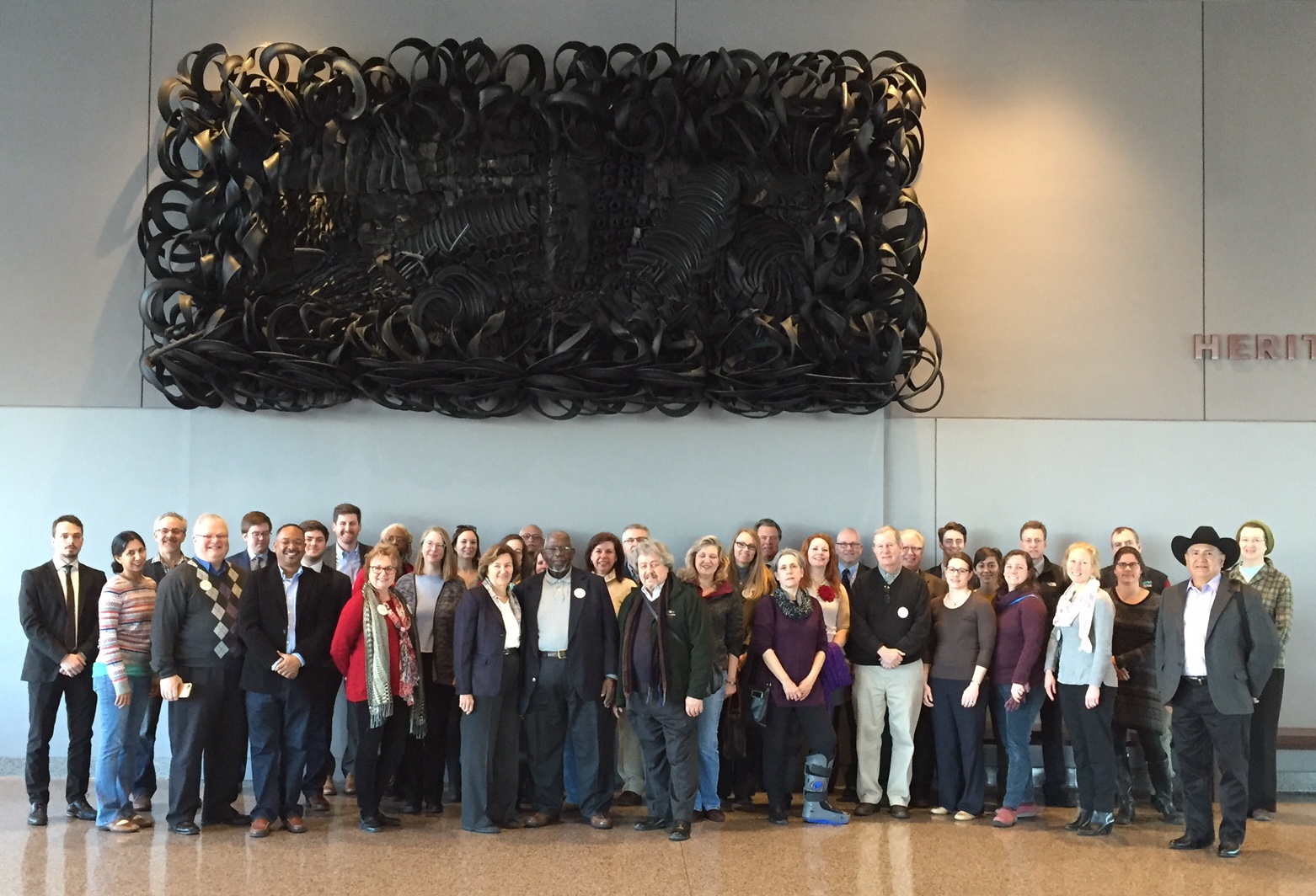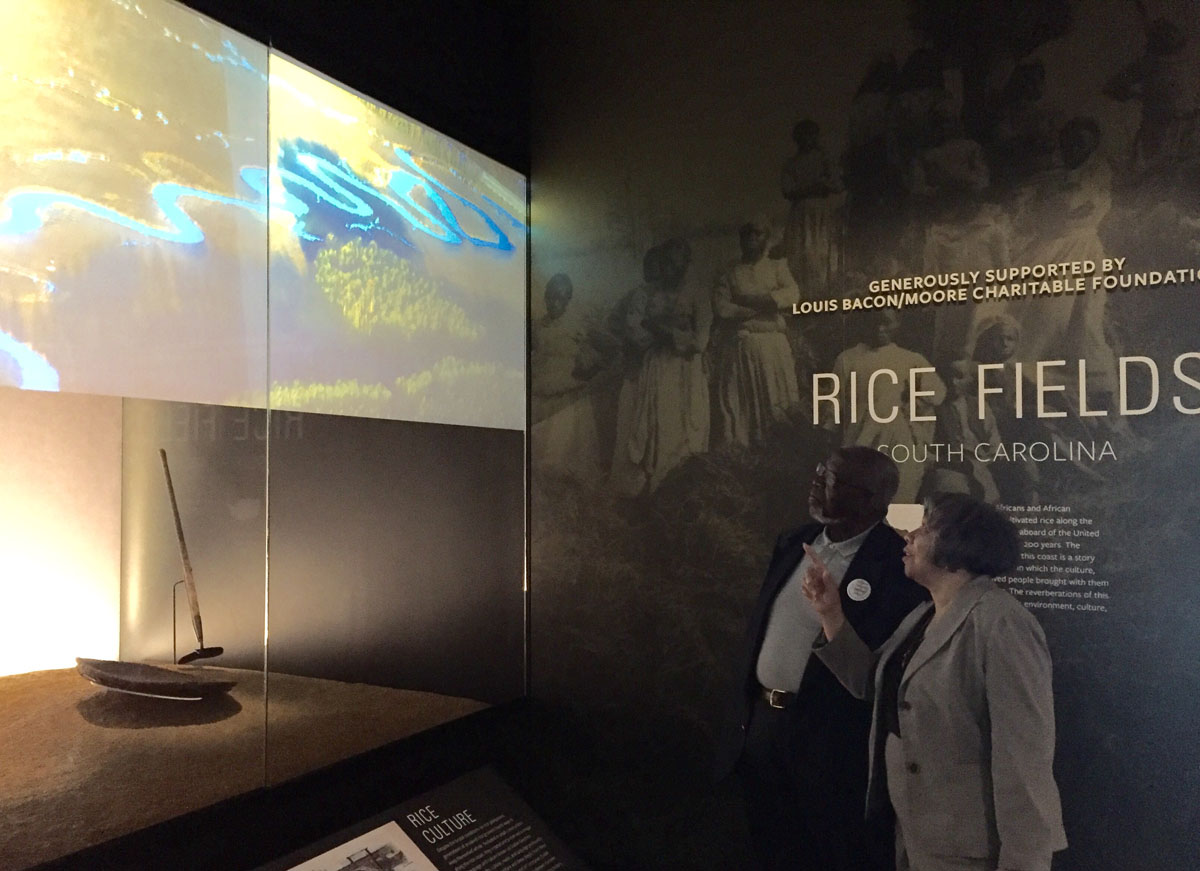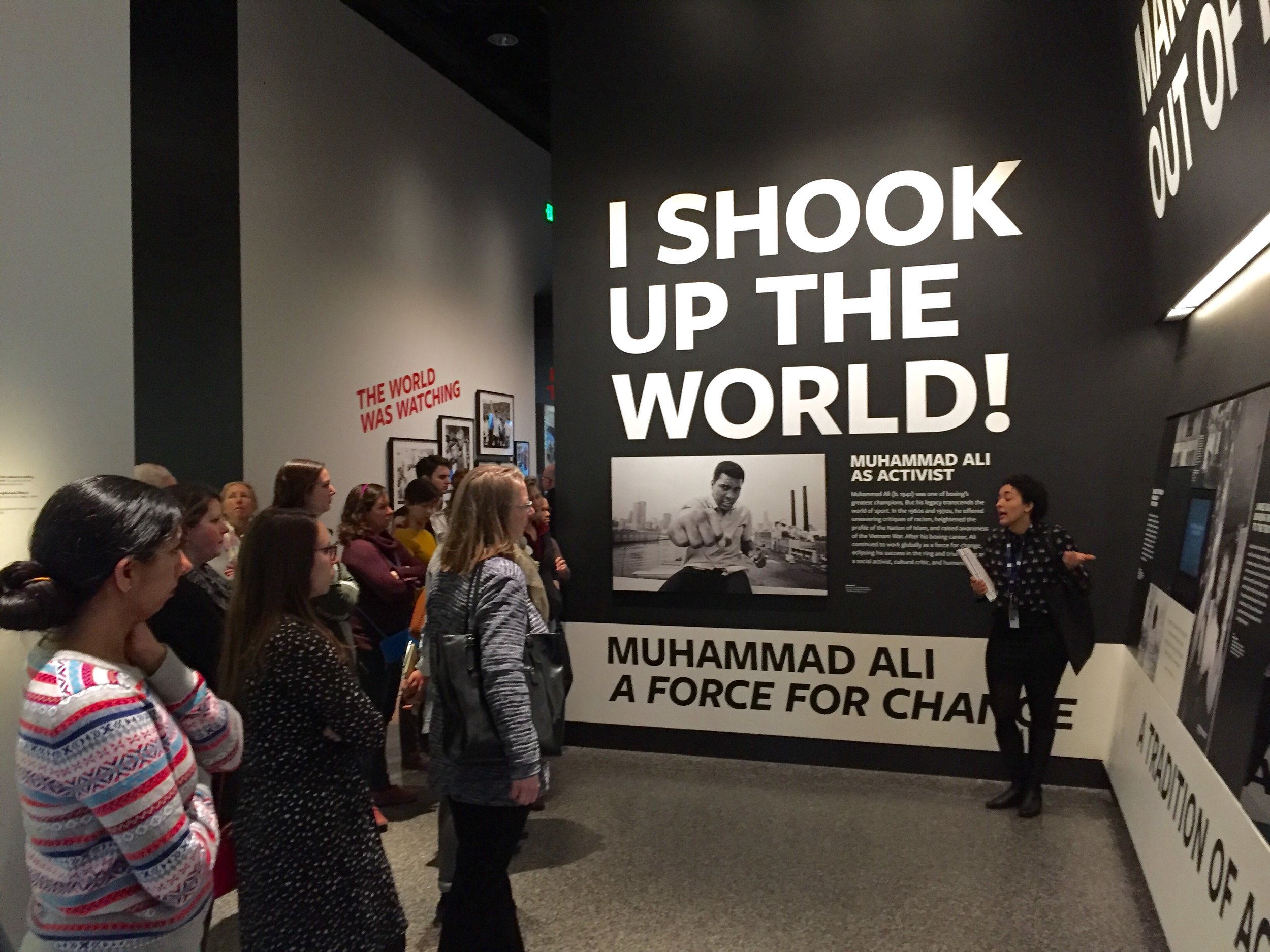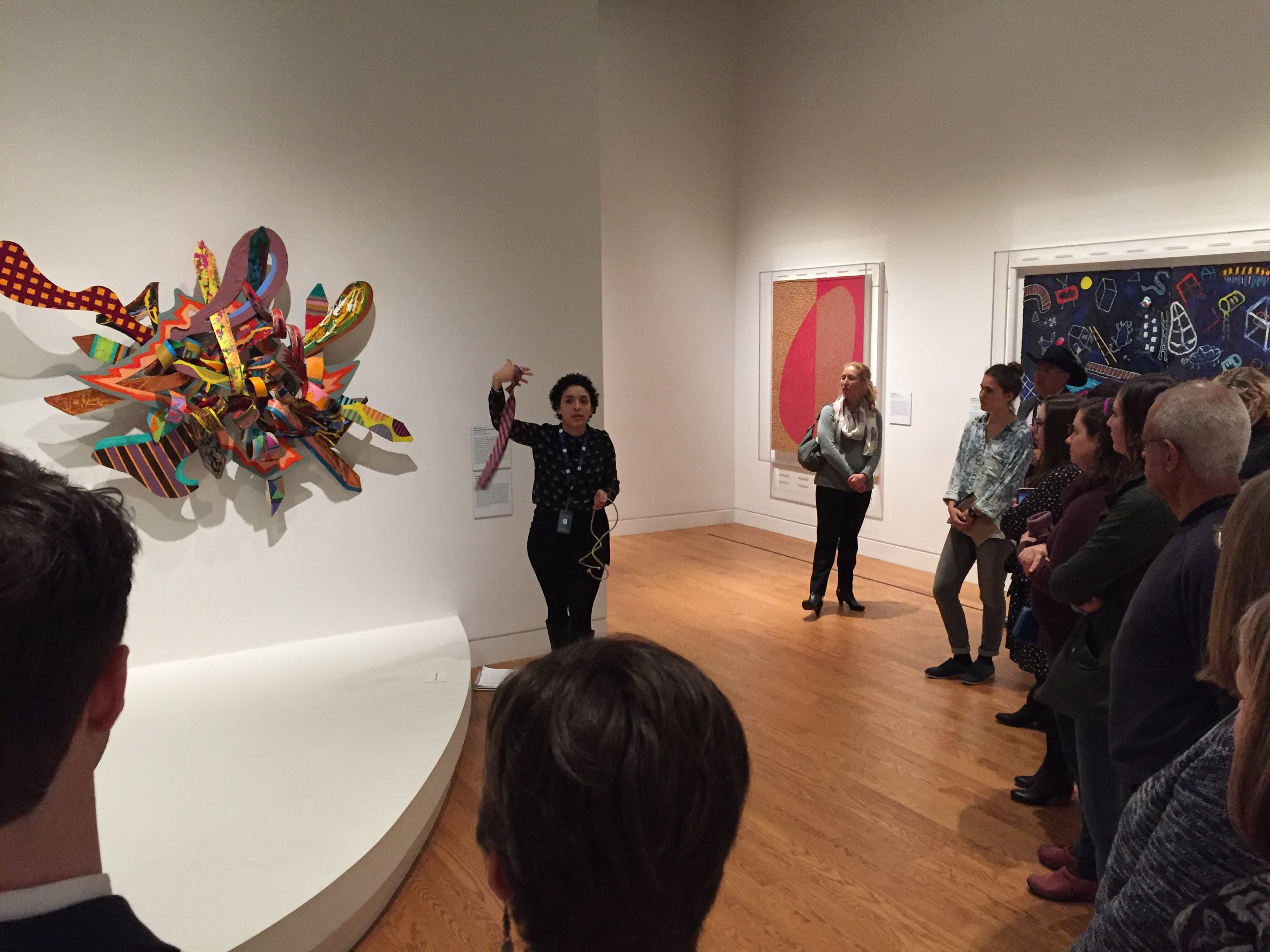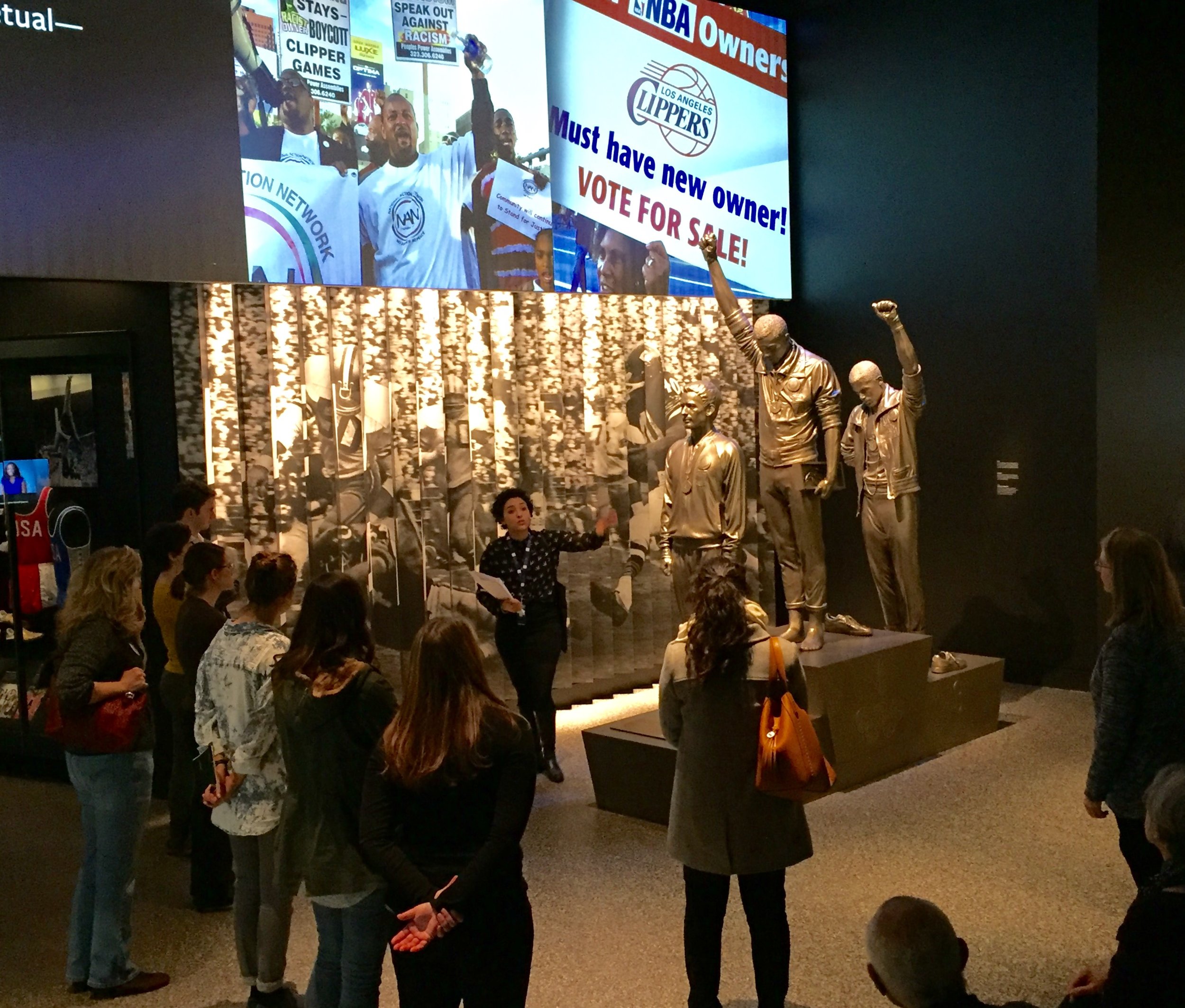Collaboration Clinic participants from Mississippi and across the country engage in a team visioning exercise at the Biloxi Visitors Center.
Three National Heritage Areas – Mississippi Delta, Mississippi Hills, and Mississippi Gulf Coast – held a Collaboration Clinic recently at the Biloxi Visitors Center. The workshop was facilitated by the National Park Service’s Rivers, Trails, and Conservation Assistance Program.
"Collaboration Clinics are a proposed model for helping NPS staff, stakeholders, and partners develop more effective skills for collaboration,” said Elizabeth Smith-Incer, Mississippi Field Office Director for the Rivers, Trails & Conservation Assistance Program. “Planners, superintendents, and other decision makers need this kind of training to engage communities as we make decisions about the resources we preserve and protect."
This is the first Collaboration Clinic held in the Southeast Region and the first hosted by a group of National Heritage Areas. Since 2014, Collaboration Clinics have been offered over a dozen times in parks and sites across the country including New York City, Lake Mead National Recreation Area in Nevada, New Bedford Whaling National Historic Park in Massachusetts, and Zion National Park in Utah.
“We were honored to host this first clinic,” said Rhonda Price, Executive Director of the Mississippi Gulf Coast NHA. “I think collaboration and partnerships are keys to a successful NHA. We are excited to start working together on joint projects like the NPS/NHA passport program.”
Collaboration Clinic participants learn about bird tourism at the Pascagoula River Audubon Center.
Staff and board members from the three National Heritage Areas attended along with representatives from Visit Mississippi and the Department of Archives & History in Jackson. Out-of-state attendees included representatives from the Alliance of National Heritage Areas, the National Parks Conservation Association, and the NPS Office of Partnerships & Philanthropic Stewardship based in Washington, DC.
“In order for National Heritage Areas to thrive, collaboration is vital.” Mississippi Hills National Heritage Area Executive Director Mary Cates Williams stated. “I was very thankful to the National park Service’s Rivers, Trails and Conservation Assistance Program for facilitating this workshop and allowing Mississippi’s three NHA’s to discuss ways to expand and grow our programs. I can speak for all of us when I say that we are grateful to have the support of not only the National Park Service but our Mississippi Congressional delegation as well.”
The workshop included discussions and exercises on a range of topics including achieving results through collaboration, improving communication, and managing conflict.
The group also heard presentations from Dr. Rolando Herts and Lee Aylward of The Delta Center for Culture and Learning at Delta State University which serves as the management entity for the Mississippi Delta National Heritage Area. The presentations were about the passport program and the Delta Jewels Oral History Partnership.
“We discussed developing a statewide Passport to Your National Parks map and other cooperative marketing strategies to promote tourism to our areas,” said Dr. Herts. “We also learned about bird tourism partnership opportunities at the Pascagoula River Audubon Center in Moss Point. This was a very productive workshop that will help all of us work together to better serve Delta, Hills, and Gulf Coast residents and visitors.”
